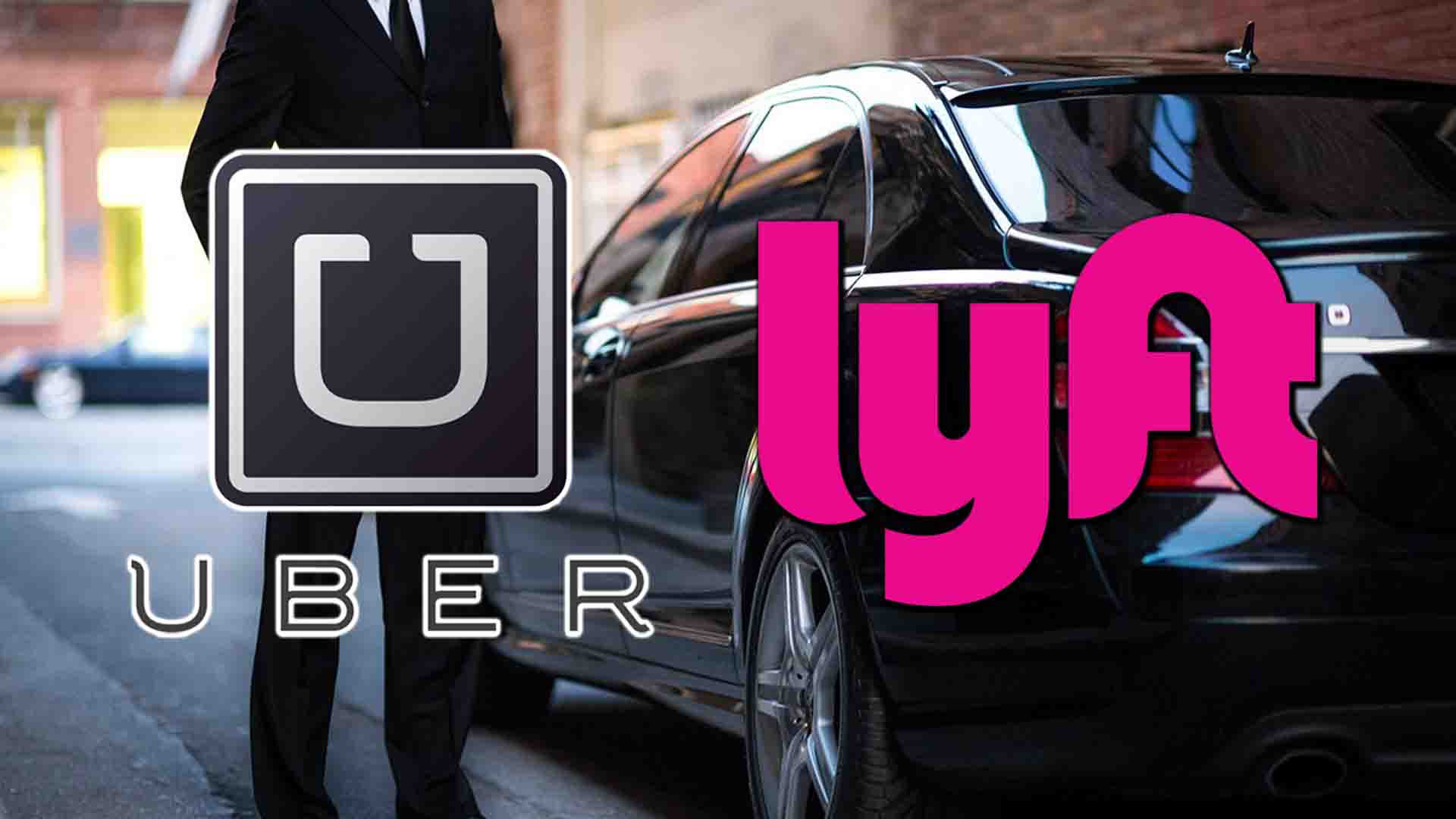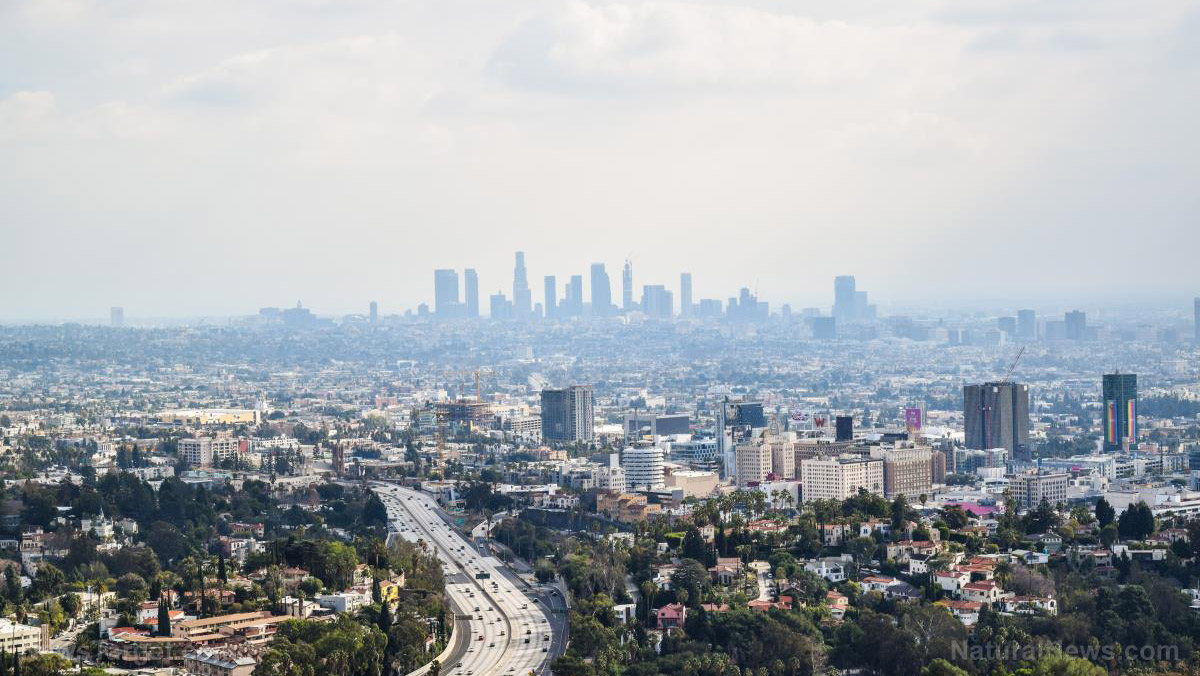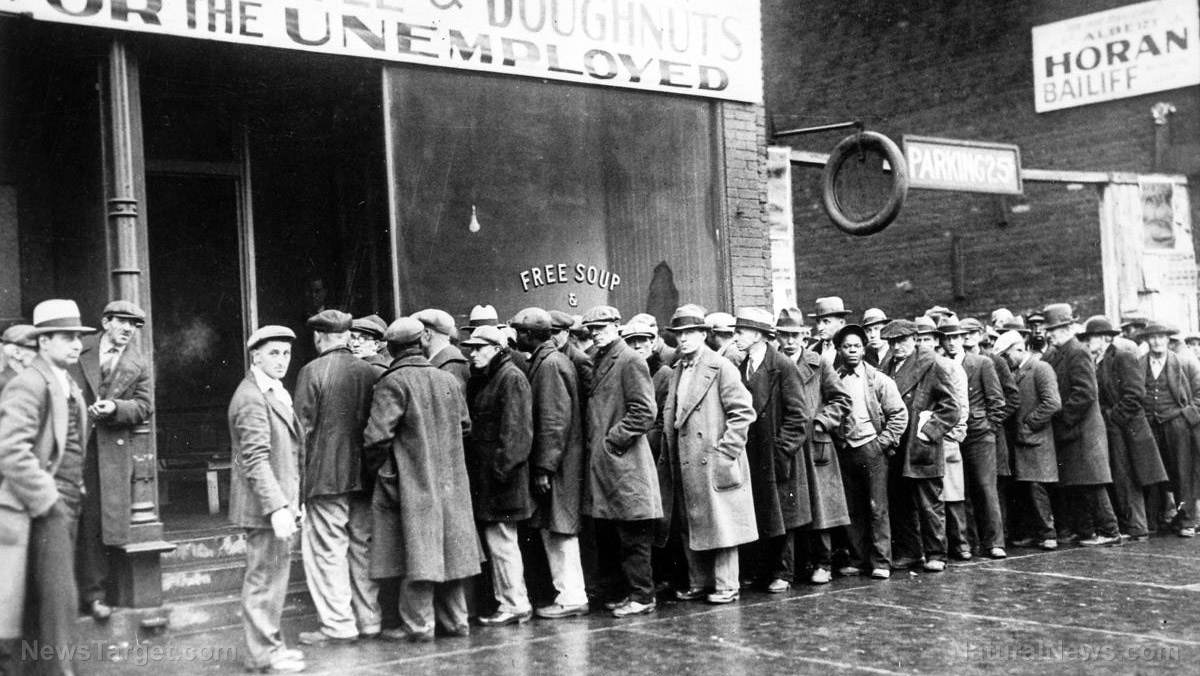Lyft, Uber get 11th hour reprieve from California court order demanding they convert all drivers to employees
08/22/2020 / By Franz Walker

Ridesharing companies Uber and Lyft have gotten a last-minute reprieve after a California court granted them a delay on the order to convert their drivers – currently classified as independent contractors – to employees. This allows both companies to continue to operate while they appeal the order.
The decision came just as Lyft was set to suspend its ridesharing operations in the state. Now, with the delay, both companies can continue to operate in California while they campaign for a ballot measure set for a statewide vote in November that would free app-based transportation and delivery companies from the sweeping requirements of the law, known as Assembly Bill 5, which came into effect January 1. (Related: Judge rules that Uber, Lyft must convert California drivers into employees; Uber says it may shut down all operations in California.)
“While we won’t have to suspend operations tonight, we do need to continue fighting for independence plus benefits for drivers,” a spokesman for Lyft said.
“We are glad that the court of appeals recognized the important questions raised in this case, and that access to these critical services won’t be cut off while we continue to advocate for drivers’ ability to work with the freedom they want,” stated Uber.
Following Lyft’s announcement, Uber also threatened to suspend operations in California at midnight had no legal reprieve been granted, but did not officially announce any plans to do so.
Reprieve comes with strings attached
While Lyft and Uber have won some relief, it was not without condition. The appeals court granted the delay on the condition that both companies prepare to lose. The order requires that they put together a detailed plan for how they will convert drivers to regular employees should the appeals court decide against them.
According to Charlotte Garden, a professor at Seattle University School of Law, the demand reflects on the court’s frustration that both Lyft and Uber appeared unprepared to make the change despite the fact that California’s labor law has been in effect for months. In addition, she mentioned that the court may have been concerned that drivers, rather than the companies, would bear the brunt of the latter’s foot-dragging.
The court’s demand should help “avoid disruption to drivers and riders, while also telling the companies that they can’t keep burying their heads in the sand,” said Garden.
Lyft, Uber buying time for ballot measure that exempts them from the law
The delay buys time for Lyft and Uber as they campaign for a ballot measure – known as Proposition 22 – that would free them and other app-based transportation and delivery companies from Assembly Bill 5’s sweeping requirements.
Should it get passed, Proposition 22 would exempt the companies from having to pay full benefits that employees currently get under California law. These include unemployment insurance and complete workers’ compensation, on top of them having to pay 120 percent of minimum wage, healthcare contributions, medical and disability coverage, among others.
“A ballot measure this November, Prop 22, proposes the necessary changes to give drivers benefits and flexibility, while maintaining the rideshare model,” Lyft wrote.
Both Lyft and Uber helped finance the November ballot measure, with help from other gig companies such as Instacart. In total these companies have contributed $110 million in funding for the campaign to pass it.
Some, however, are seeing the recent threats to cease operations in California as another way to boost Proposition 22. According to University of California, Hastings College of the Law professor Veena Dubal, by suspending their services, Lyft and Uber are creating a crisis and then leveraging it to pass the measure.
“This is not how democracy should work in America,” said Dubal. “Businesses should not be allowed with their tens of billions of dollars to create laws for themselves.”
Follow TechGiants.news for more on how companies like Lyft and Uber try to subvert the law to serve their ends.
Sources include:
Tagged Under: app, California, digital logistics, election, employee benefits, gig economy, law, Lyft, ride hailing, ride sharing, ridesharing, Taxes, tech, Uber
RECENT NEWS & ARTICLES
COPYRIGHT © 2017 RISK NEWS



















